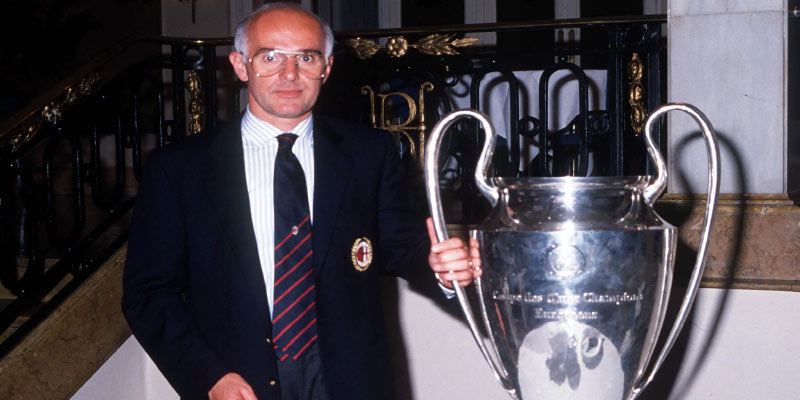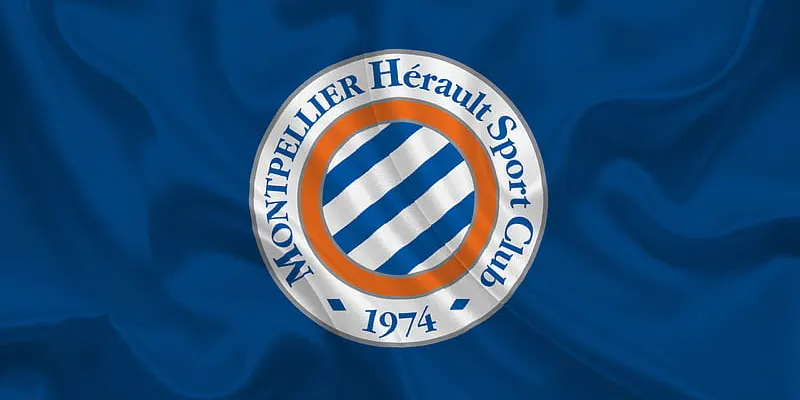Arrigo Sacchi‘s innovative contributions to football have forged a profound mark on the game itself, changing the landscape of tactical play forever. Widely regarded as one of the greatest managers in the history of football, Sacchi’s methods and philosophies have not only transformed how the sport is played on the pitch but have also influenced generations of coaches and players. In this exploration of Arrigo Sacchi, we will delve into his tactical innovations, managerial career, and the lasting legacy he has left in the realm of football.
Arrigo Sacchi: The Tactical Innovator
Arrigo Sacchi’s approach to football was marked by a distinctive understanding of tactics and player dynamics. He recognized early on that the game required more than just individual brilliance; it demanded a cohesive team effort underpinned by systematic strategies. This awareness was foundational in shaping his methodology.
Understanding the Tactical Landscape
Tactics in football are often seen as a blend of creativity and discipline.
By incorporating both these elements, Sacchi ushered in a new era in Italian football, shifting the emphasis from the traditional “catenaccio,” or bolt-hole approach, to an aggressive, press-oriented style that prioritized teamwork and collective responsibility.
He capitalized on the idea that football is not merely a collection of individual talents but an intricate interplay of movements, positioning, and coordination among players.
Historically, the focus on defensive strategies characterized Italian football. However, Sacchi’s vision was to create a more fluid and attacking style of play that focused on pressing opponents and regaining possession quickly. He was not afraid to break down tactics that had long taken root in football, illustrating his bravery as a manager and his conviction in the potential for a new way of playing the game.
A Systematic Approach to Team Play
Sacchi’s revolutionary ideas were not limited to elite tactics; they extended to the very foundation of the players’ mindset and work ethic.
He crafted a style that emphasized pressing, positional interchanges, and high defensive lines, thus keeping opponents on the back foot and leaving little room for counter-attacks.
This systematic approach meant that players were required to develop their understanding of not just their own roles but also their teammates’, forging a real sense of unity on the pitch.
From training sessions focused on tactical drills to analyzing footage that examined individual and collective performances, Sacchi ensured that every player understood the importance of their contributions to the team’s overall success.
The Importance of High Pressing
High pressing became a defining trait of Sacchi’s football philosophy.
Rather than waiting for opponents to come at them, his teams actively sought to win the ball back as soon as they lost it, applying pressure high up the pitch.
This not only disrupted the opposition’s play but also instilled confidence in his players, as they often created goal-scoring opportunities from regaining possession in dangerous areas.
The emphasis on high pressing has been credited as a precursor to the pressing game seen in teams today, largely influenced by coaching maestros like Jurgen Klopp and Pep Guardiola. Sacchi’s foresight and innovation paved the way for how teams around the globe utilized pressing as a fundamental component of their tactics.
The Legacy of Arrigo Sacchi in Football
Arrigo Sacchi’s impact transcends his achievements on the touchline. His legacy can be felt across the footballing world — from coaching techniques to how football is perceived strategically.
Influencing Future Generations of Coaches
Arrigo Sacchi elevated the standards of coaching through his emphasis on tactics, pressing, and collective play.
For aspiring managers, his work serves as an instructional guide on the development of effective game plans and player management. Many high-profile coaches take inspiration from his methods, experimenting with and adapting his ideas to fit their own philosophies.
With his unique insights into player dynamics and his tactical intelligence, Sacchi has influenced a slew of next-generation coaches who have gone on to turn football philosophies upside down, perpetuating his impact on the sport.
Transforming the Perception of Italian Football
Before Sacchi, Italian football was often seen as a conservative style characterized by defensive tactics.
His contributions helped reshape the narrative, illustrating the capacity for Italian teams to adopt an attacking and attractive style of play.
Through tactical and player-oriented innovations, Sacchi proved that Italy could thrive and succeed while entertaining audiences with attractive football.
His success with AC Milan was a testament to this shift. Not only did he achieve remarkable results, but he also challenged the preconceived notions of what Italian football could achieve.
Establishing an International Reputation
The global impact of Sacchi’s methods has earned him recognition beyond Italy. The success of his AC Milan side in European football underlines the extent to which he was able to permeate international boundaries with his tactical expertise.
Coaches and analysts worldwide have since sought to implement elements of Sacchi’s tactical philosophy into their own coaching ideologies. The wider football community acknowledges his influence over the game and considers Sacchi a leading figure in tactical evolution.
In addition, his methods have been studied in various coaching courses around the world, making him a vital figure in the annals of football history.










